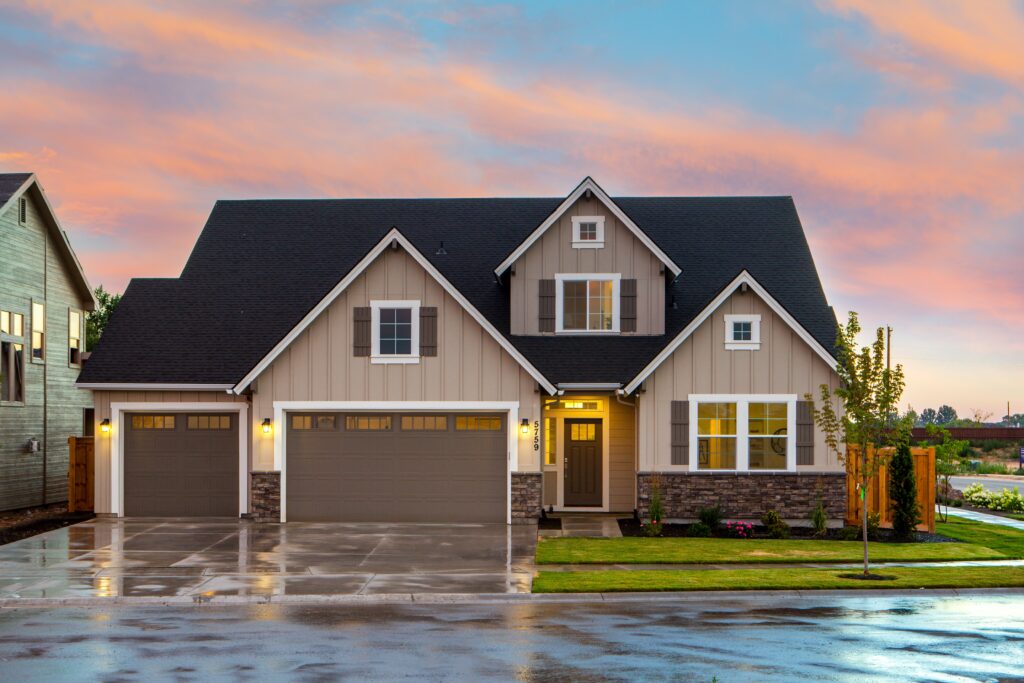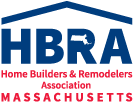 Buying a home in a neighborhood that fits your lifestyle is essential. If your new neighborhood doesn’t meet your needs, whether if it’s related to amenities or a commute, the choice can cause headaches for years.
Buying a home in a neighborhood that fits your lifestyle is essential. If your new neighborhood doesn’t meet your needs, whether if it’s related to amenities or a commute, the choice can cause headaches for years.
The location of your home makes a big difference in the quality of your life. With a competitive housing market, you might need to expand your home search, but how do you decide which neighborhood is right for you? Experts recommend creating a checklist of neighborhood features you value the most. To help you narrow down your choices, consider the following.
Quality of the School System. If you have children or if you’re planning to start a family, evaluating the quality of the school system is usually at the top of the must-have list. Homes located in quality school districts generally improve your home’s resell value. The best place to start is by visiting the school district’s website for information about graduation rates and test scores.
Neighborhood Amenities and Daily Commute. Think about different elements of your lifestyle and how the ideal neighborhood can complement your needs. If you have children, you might be most interested in an area close to parks or playgrounds. Individuals who are in retirement age may be more interested in maintenance-free living or lifestyle amenities such as a golf course. If you must commute to work daily or a couple of times a week, check out Google Maps to calculate travel times to different points at different times of the day.
Property Taxes and Homeowners’ Association (HOA) Fees. As a future home owner, you are responsible for paying for more than just your mortgage. Depending on what city or county the neighborhood resides in, the property taxes you pay may vary. Ask your real estate agent about the current tax rate and how much it has increased in the last several years. You’ll want to factor the amount into your overall budget.
Also, many neighborhoods have HOA fees to maintain common areas, such as a pool or nearby park. HOA fees vary. Depending on where you decide to live and what type of home you purchase, you will have to pay a monthly or annual fee.
Age of Development. If you are a younger family, a newer development may provide the chance to meet other families that share your life experiences and interests. On the other hand, older developments will likely have more mature landscaping and bigger lot sizes. An historic neighborhood rich with character may have a one-of-a-kind curb appeal but, in the end, an older home may require a significant amount of repair work.
To get started on finding a community that is the right fit for your family, visit https://hbrama.com/local-associations/.

